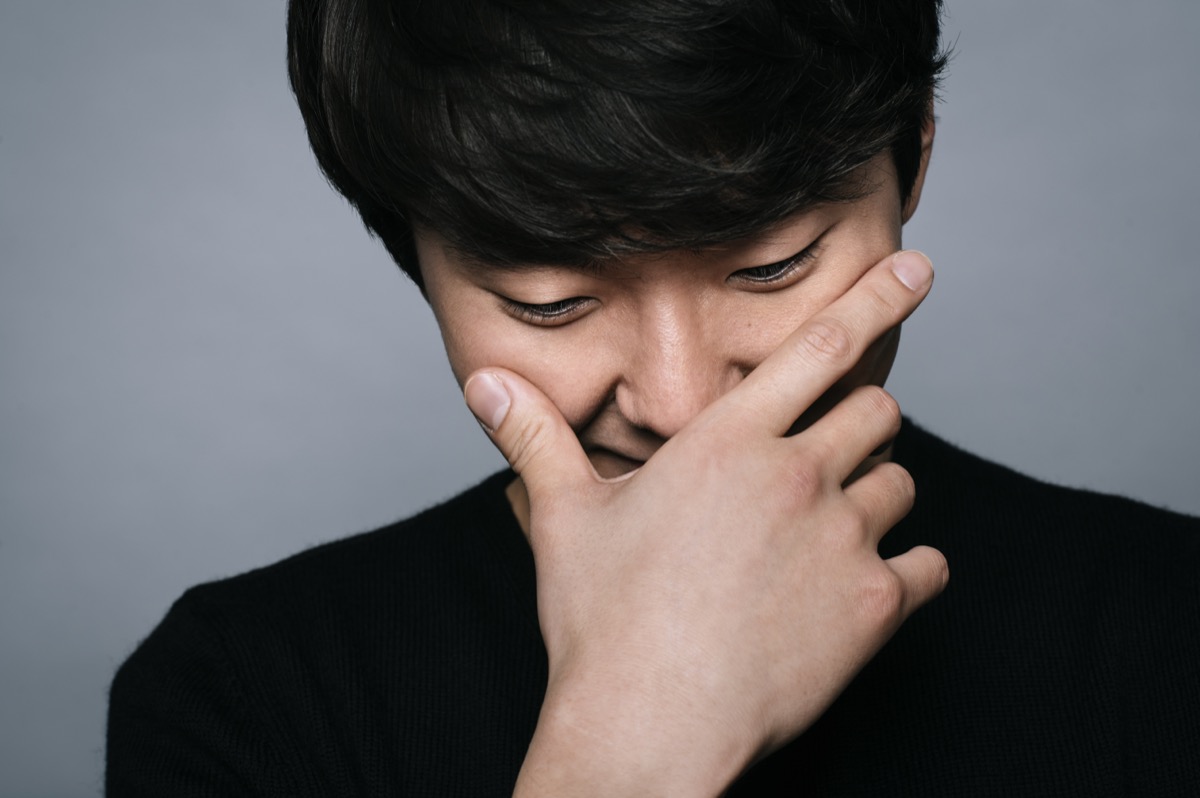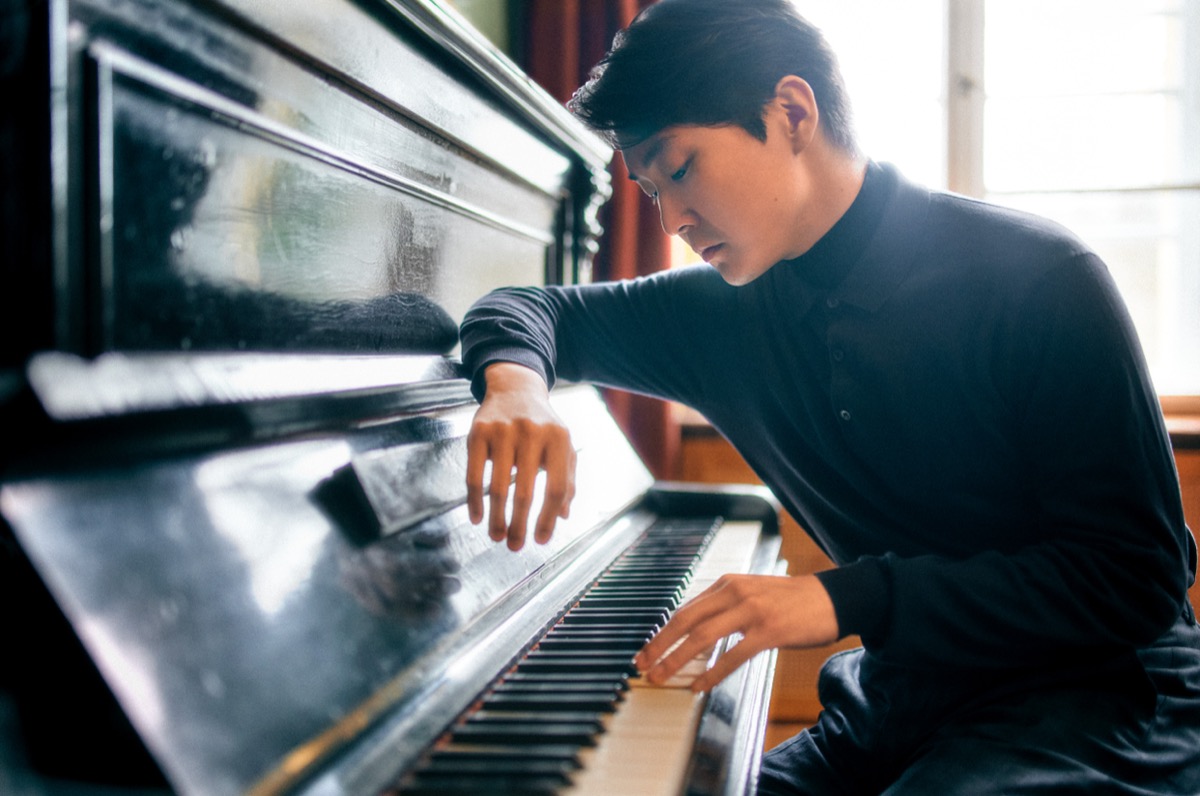SEONG-JIN CHO
When the South Korean artist Seong-Jin Cho won the International Chopin Piano Competition in Warsaw in 2015, he suddenly found himself the centre of attention, and the situation hasn’t changed since then. He concluded an exclusive contract with the prestigious label Deutsche Grammophon and began appearing with leading world orchestras and conductors. He gave his Czech debut at the Prague Spring in May 2016 and he now returns to the festival eight years later to perform a programme combining the music of Maurice Ravel and Franz Liszt.
Programme
- Maurice Ravel: Menuet antique
- Maurice Ravel: Sonatina
- Maurice Ravel: Gaspard de la nuit
- Franz Liszt: Années de pèlerinage, Deuxième année: Italie, S 161
Performers
- Seong-Jin Cho - piano
Price
Venue
“It was a shock. Before the competition, no-one attached any importance to me, I’m not after fame, that’s not why I entered the competition. I just want to make music,” stated Seong-Jin Cho in an interview for Hospodářské noviny on the occasion of his first concert at the Prague Spring. However, he couldn’t elude fame. That he is one of the most valued pianists on the contemporary scene becomes clear with a mere glance at his schedule for the current season. Highlights include appearances at the Salzburg Festival, the BBC Proms, concerts with the Boston Symphony Orchestra or the Concertgebouw Amsterdam, his debut with the Cleveland Orchestra and Chicago Symphony, and his tour with the Berlin Philharmonic under their Chief Conductor Kirill Petrenko. Geoff Brown, music critic for The Times, hailed him as “an absolute master of clarifying textures with multiple shades of colour and touch.” When he performed at London’s Barbican Centre, Fiona Maddocks for The Guardian wrote: “Few pianists can sell out a solo recital at the Barbican. The young South Korean Seong-Jin Cho […] packed the hall for a technically faultless programme.

In the first half of this Prague Spring recital the audience will hear three works by Maurice Ravel. The introductory piece presents the French composer as an artist who reflected on the past in a highly distinctive way. Menuet antique observes the typical ternary form of the early dance and employs archaic harmonic progressions. The three-movement Sonatine then combines the Classical form with Impressionist colours. Gaspard de la nuit, however, is one of Ravel’s most progressive and, at the same time, technically most difficult works. Here the composer was inspired by three prose poems by Aloysius Bertrand, a French Romantic and forerunner of the Symbolist movement, who influenced such luminaries as Charles Baudelaire and Stéphane Mallarmé. The virtuosic piano texture harks back to Liszt, while the extremely sophisticated harmonies head well into the 20th century.
The evening will culminate in a performance of Franz Liszt’s extensive cycle Années de pèlerinage, Deuxième année: Italie (Years of Pilgrimage, Second Year: Italy). The almost hour-long programme suite could be seen as the composer’s stylised musical memoirs of the Apennine Peninsula, where he was enchanted by the exquisite scenery, the visual arts, and the poetry of Petrarch and Dante.







